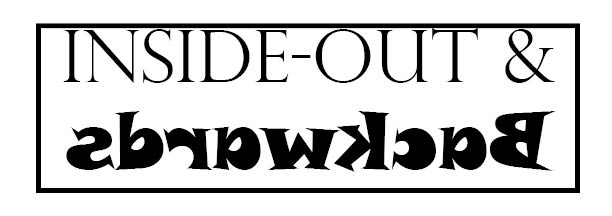5. Self Knowledge
Lately, I've been part of several conversations on strengthening language weaknesses. Most especially, I've been thinking about the role that self knowledge plays in developing as a second language learner. We all have bad little habits, and it's almost as if we want to cuddle them close. We like our weaknesses the way they are; we've grown accustomed to them and they no longer distress us. We fall into patterns that nurse our weaknesses and accentuate our strengths. Vocabulary memorization is a strength of mine, but grammar and fluency are much weaker, so instead of bolstering those very essential parts of language, I keep focus on how many words I can remember and how I wonder what each word means when I'm reading, still deciphering meaning from familiar words rather than a sentence and paragraph level understanding. My speaking skills also steadily deteriorate.
In my TESOL class, we talked about how a knowledge of our learning strengths and weaknesses can be found out through various diagnostic quizzes, maybe even some that show us whether we are right or left-brained, how confident and assertive we are, or how we respond to others. I always thought that it was okay to have these varying strengths and just know that you add yours to a group while someone else brings what they have. This is a sound way of thinking, however, as independent language learners we must constantly strive to do activities in our weak areas and self correct and self diagnose. It does sting a bit, but we will be better for our cross-training experiences. Has anyone ever had the experience where they were forced into a high stakes situation and found their weakness being made a strength? What helped and how did it happen?
If you would like to follow my blog and share what you know about language, follow the link on the right!

No comments:
Post a Comment